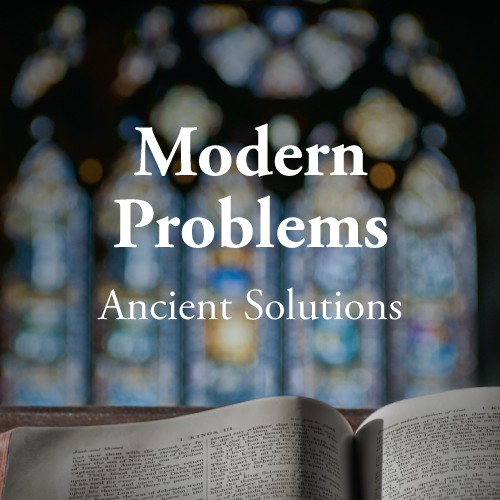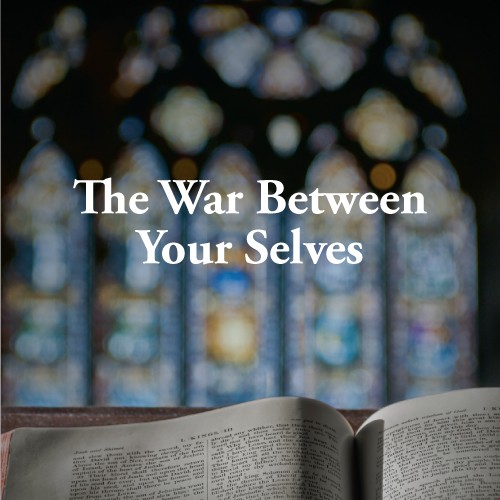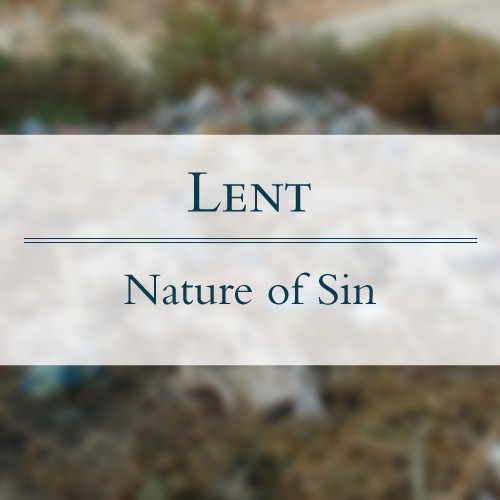
Sermon
The Problem of Guilt
Tim Keller | October 31, 1993
Overview
Guilt is a lot like an iceberg. You don’t see much above the surface, but if you really look, you’ll see it’s under everything. So how do you deal with a guilty conscience?
In Psalm 51, David has been plunged—through the shock of recognizing the magnitude of evil he’s done—into the depths. Imagine the guilt, the shame, the horror, the self-hatred. He’s plunged into an emotional and spiritual dungeon. And yet this psalm is a record of his rescue. There’s no good human explanation for how he got out. But he got out.
Here’s how he did it: he made two critical distinctions. He learned 1) the distinction between remorse and real repentance, and 2) the distinction between a reprieve and regeneration.



